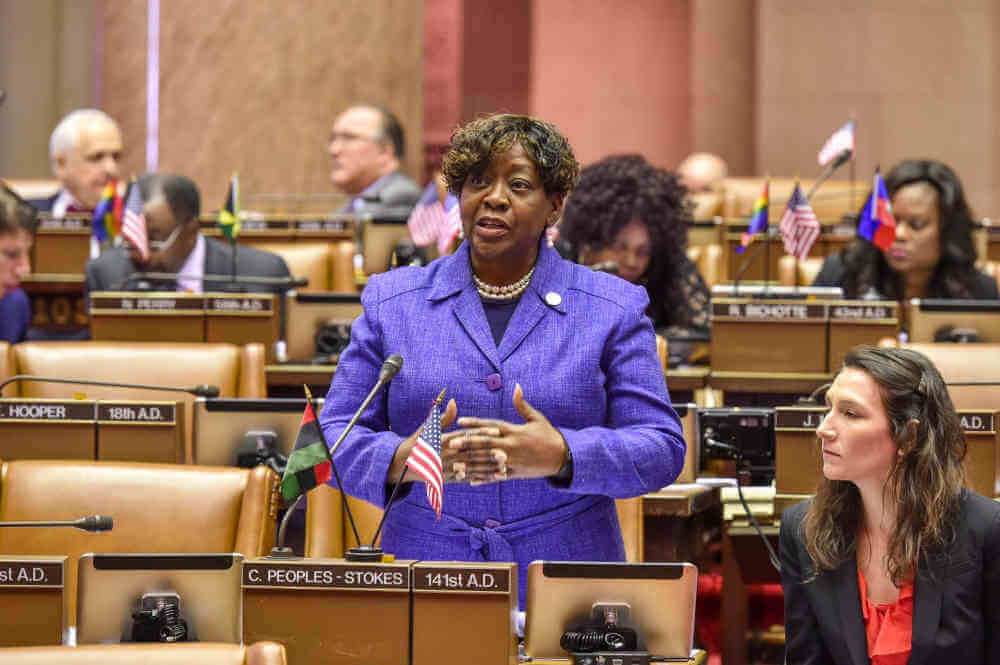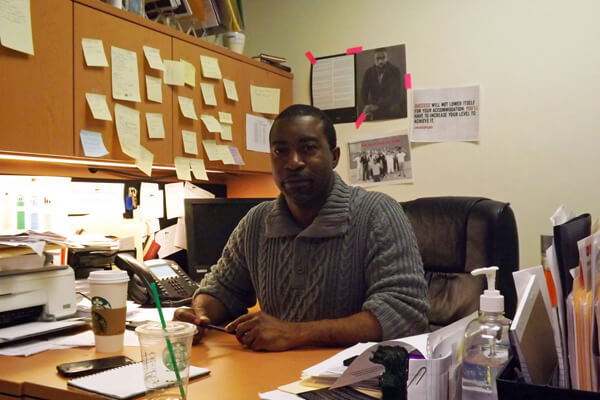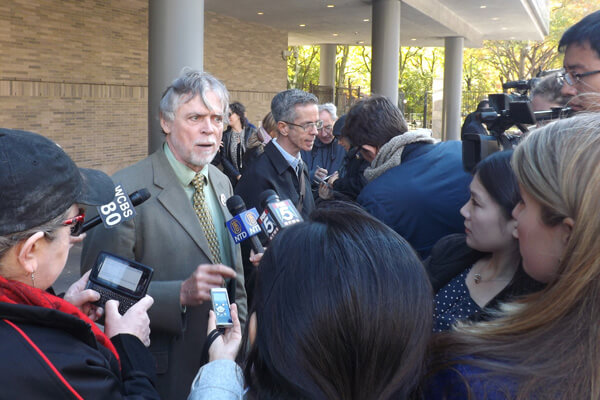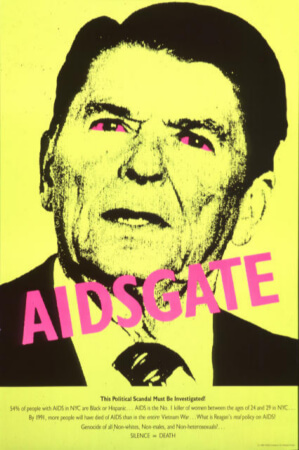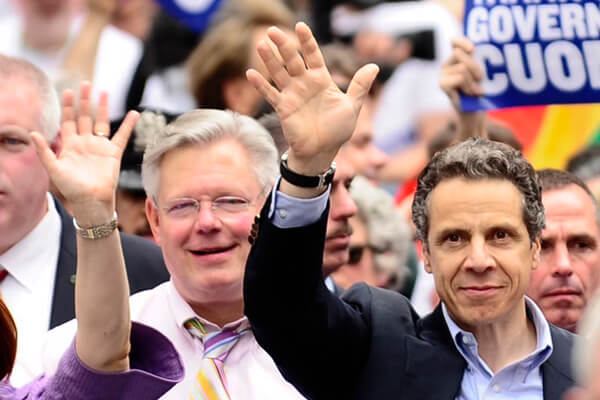Last December, legalizing adult use of pot seemed like a sure thing in New York. Governor Andrew Cuomo, who had earlier damned pot as a “gateway” drug and severely restricted the state’s medical marijuana program, changed course and backed legal adult use. Meanwhile, in last fall’s State Senate elections, Democrats gained a clean majority with pick-ups upstate and on Long Island and the ouster of six members of the Independent Democratic Conference — who had previously caucused with the Republicans — by progressive reformers deeply committed to criminal justice reform.
In a speech announcing his new position, Cuomo mentioned “new facts.” One new fact was New Jersey Governor Phil Murphy’s enthusiastic support for the legal sale of recreational marijuana in the Garden State. With legal pot just a PATH train ride away, New York would look ridiculous if it continued its ban and allowed New Jersey’s tax coffers to pocket the revenue from buyers visiting from the Big Apple.
Cuomo, in explaining his new position, stated that unjust marijuana laws had “for too long targeted the African-American and minority communities.” His change of heart had the blessing of his state health department, which released a report last July finding positive benefits to legalization. The “pros outweigh the cons,” wrote Dr. Howard Zucker, the state health commissioner, who emphasized the safety benefits of having a product tested in laboratories where dosage is carefully labeled. The fear that legalization would lead to a surge in use among youth was belied by statistics showing that 52 percent of 18-year-olds had already tried it. Legal prohibition was obviously doing nothing to discourage pot use.
The “facts” behind Cuomo’s advocacy of legalization began to fade when Murphy’s efforts faltered in New Jersey. As prospects for change there went south so too did Cuomo’s concern about ending discriminatory policing. According to Manhattan Assemblymember Richard Gottfried, a leading Democratic advocate of legalization, as state budget negotiations drew to a close in late March, the three-way discussions among the governor and the leaders of the Assembly and the Senate ironing out the administrative details of legal sales halted. The failure to include legalization in the budget emboldened opponents of legal sales.
A major harm of current marijuana laws comes from racist law enforcement. In 2010, New York had the nation’s highest marijuana arrest rate — double the national average — giving 103,698 people criminal records for possession. It disproportionately criminalized black and brown residents. In 2017 the problem persisted, Zucker’s study concluded, with 86 percent of arrests for marijuana possession made among people of color — 48 percent were black and 38 percent were Latinx. Only nine percent of those arrested were white.
And marijuana arrests could not be justified as a good example of broken windows policing. “It is rare that these arrests lead to the discovery of guns or violent crimes,” the health department study concluded.
Meanwhile, these arrests resulted in significant trauma — both for the arrestee and for their family.
These findings energized Crystal Peoples-Stokes of Buffalo, the majority leader of the State Assembly, who reasoned that too many of her constituents were suffering from the double burden of racial discrimination and trying to find jobs with a criminal record.
In a recent phone interview, she noted that The Wall Street Journal estimates marijuana is a $53 billion industry in the US but that only $6.3 billion of that total is legal and taxable. The failure to legalize adult use, she said means “we are allowing resources to walk out the door that could change the face of poverty in New York.” But since pot law enforcement has been tainted by racial and ethnic bias, she explained, the tax money from legal sales must be targeted toward improving the communities most harmed by that enforcement.
Democratic Senator Liz Krueger, who represents Manhattan’s East Side, sponsored the identical bill in her chamber and 2019 presented her first viable chance to win majority support in her effort. Senators representing the city were on board with legalization, but Democrats from suburban and upstate districts faced constituent opposition, especially from parents concerned about young people smoking pot and driving. Nassau County went so far as to pass a local law barring legal sales. Krueger and her allies worked hard to satisfy the concerns of senators outside the city.
The bill went through three drafts as its scope expanded to include the state’s existing medical marijuana program, and Krueger explained that working out the details of this comprehensive approach was time-consuming, with the Legislature simply running out of time to reach a final agreement that included the governor’s sign-off. Her Democratic colleagues facing constituent opposition were reluctant to support a bill that didn’t enjoy Cuomo’s unambiguous support, worrying that they could pass a measure he would turn around and “bash.”
According to the New York Times, it was the racial justice payouts advocated by Peoples-Stokes and Krueger that proved the biggest obstacle from Cuomo’s perspective. The governor last December did not spell out a vision for how the tax revenues would be allocated, but the Times, in a June 19 story on the failure to move the marijuana issue in the legislative session just ended, made clear Cuomo’s view that a new state agency should decide on the allocation of funds. Leading legislative advocates for legalization insisted that it guarantee fixed percentages for reinvestment in those communities most affected by the war on drugs.
At the end of the day, all the Legislature could agree on were a new enforcement measure based on fines rather than criminal charges and the right of people with possession convictions to petition to have their records expunged.
Whether with fines or criminal charges, however, the problem of targeting people of color remains unresolved. And concerns on that score were not alleviated when the city, under pressure from the governor, announced a new campaign to fine subway riders for fare evasion for the subways, an effort that will also fall heaviest on people of color. Replacing marijuana criminal charges with fines is ostensibly intended to satisfy concern over the criminalization of poverty, but fines will likely still disproportionately affect young black and Latinx men, for whom the fines are most onerous. The hope that young people of color can enjoy life without oppressive police surveillance remains elusive.

